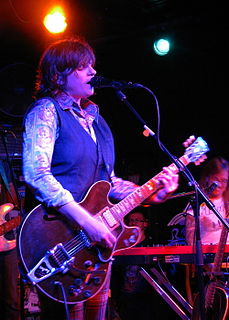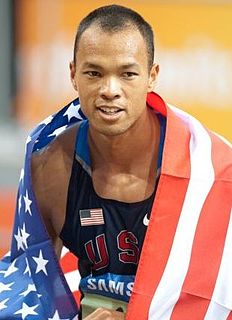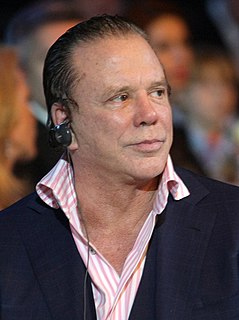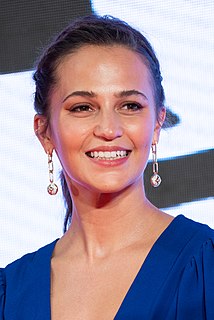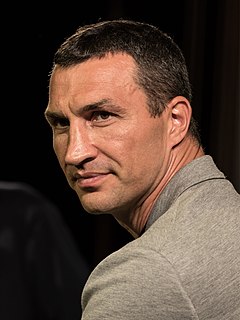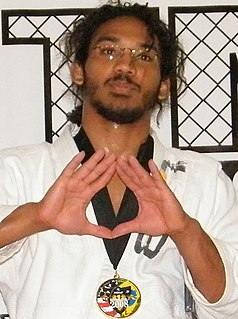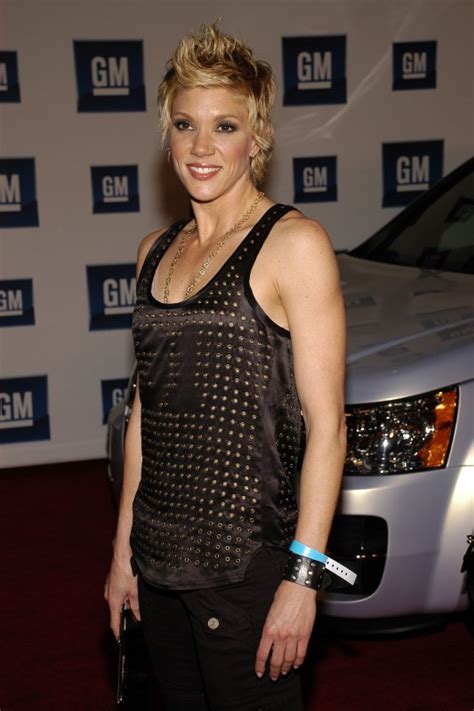A Quote by Candace Bushnell
It's a job. When I'm writing I'm going to do it five to six days a week and I'm going to work for four to six hours a day. There's no magic writing fairy. It's just hard work.
Related Quotes
I think that technology is the best thing that ever happened to mankind. It's an absurd notion that somehow, 'My God, what are we going to do when driverless cars come along?' It's going to save lives on the road. And maybe, one day, we'll all be working four days a week and not five or six days a week.
To go in the direction that I went takes a lot of work. And I don't think you can do the work - the five or six hours of working out a day - if you don't have a clear goal or know why you're doing it. If you just hang out at the gym and train for five or six hours a day without a goal is almost impossible.
If you let anything infringe on your writing time, it will. And you won't get the writing done. Taking one day off can cost me five days of getting back in the mood. Going out to lunch can cost me anywhere from five hours to three days. And for me it's not worth it. For my own sense of well-being I have to finish my work before I can play.
I think people overplay the 'Saturday Night Live' schedule. I mean, yeah, it can be some late hours. But the late hours are usually only one or two nights out of the week. You might have a crazy six-day week, but you'll work three weeks, and then you get a week off work. I'd take most jobs if it was hard work and then I got a week off.





